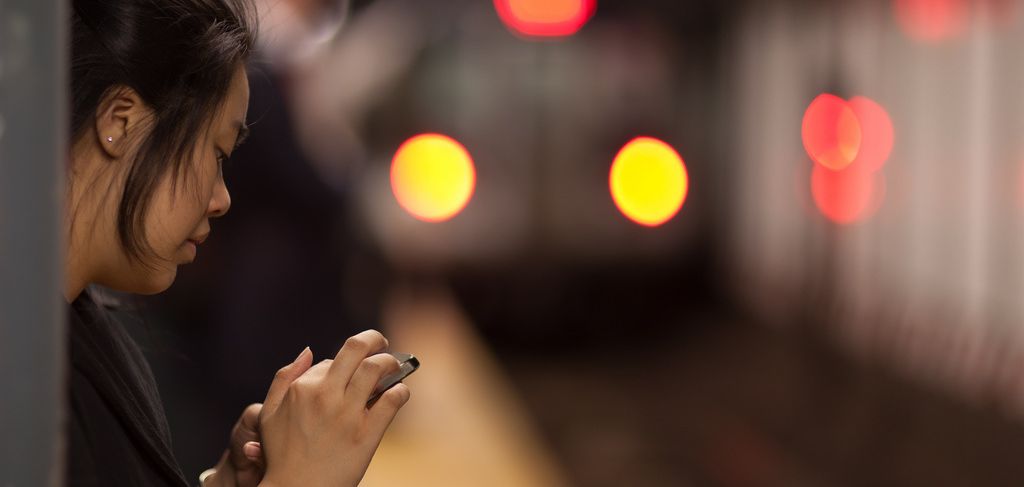If I could live my entire life without social media, I would. The only issue with that fantasy is that just because I stop, doesn't mean that the world will stop. Social media sites like Facebook, Twitter, and Instagram are no longer just for communicating with friends and keeping updated on the news. Nowadays, if you don't have at least one form of social media, you are missing out on professional opportunities and important events in the lives of those around you.
I created my first social media account when I was in middle school. I was 12, lying to Facebook that I was 13, just so that I could stay updated with all my friends, and fit it at school. At the time, if you didn't have at least one form of social media, you weren't "cool" and would undoubtedly miss something "important" in your friends' lives. Social media popularity went from Facebook to Instagram, to Snapchat, then to Twitter, so that by the time I was 15 I had at least 8 different social media accounts, and that number doesn't include the "extra" or "spam" accounts I had. Believe it or not, that number was on the low side compared to those around me. When I turned 17 I woke up from my media filled life and decided that I needed to take control of my life and stop engaging in things that didn't bring me happiness. As a result, I deleted a majority of my social media accounts, and only kept the ones that I knew I needed professionally.
Now that I know more and care less about the approval of my peers, here are the things that I wish I had known before signing up:
1. Nothing is "free"
The majority of social media apps and sites are free to use. That means that they do not cost money to download, create an account, and use. However, that does not mean that they are truly free. When the Facebook data scandal went big this year, I was surprised that people were outraged that their data was being sold and that their "privacy" was being invaded. Nothing is free to use, so when you use a social media site, you have to understand that your data and information is the currency that you are paying with.After all, you agreed to the terms and conditions. If you put your data on a public site like Facebook or Instagram, you have to understand that whatever you put on there, is no longer yours. Once you agree, your data is out there, and whatever terms and conditions you agreed to, allows that site to use your data to get more profit from advertising. Making your Instagram account "private" doesn't stop Instagram from collecting your data. I wish I had known that using social media sites would cost me my privacy.2. The Internet is forever
Just because you delete something, doesn't mean it's gone. I'm not just talking about the storing of your data, I'm talking about public opinion and screen-shots. If someone posts a tweet talking about something controversial, gets backlash, and deletes the tweet, that tweet is never truly deleted. Even if it is no longer on your account, imagine how many people saw that tweet and imagine how many people could've taken a photo of that tweet. We have seen celebrities get burned for something they posted and deleted years previously just because somebody took a photo of it. Everything you do is immortalized on social media; once you put it out there, it will never come back.
3. Comparison kills; don't compare yourself to others through social media
Social media tends to be used a highlight real. Given how the internet is forever, I don't blame them. I wish that I had truly understood that. Impressionable kids and teenagers shouldn't be using social media because there is no understanding of that. If a celebrity posts a photo, people want to be like that person without the understanding of what went into the photo, and understanding that people aren't like that every day. Social media has twisted how we see everyday life. It is human nature to compare ourselves to others, and social media makes it even easier for us to do so. The comparisons have gone so far that we can see thirteen-year-old girls wearing tons of makeup and dressing way older than they are because they want to be like their favorite social media star or celebrity. The drastic increase in the consumption of media and entertainment has led to unhealthy and toxic comparisons.
I could live the rest of my life without screens, like buttons, and friend requests, but the reality is that is unrealistic. Whether we like it or not, social media is here to stay. We need to be more responsible with how we use it, we need to understand what it is that we are signing up for, and we need to make sure that those who are at the most impressionable ages understand that social media is not reality. When used correctly and completely understood, social media can be useful, fun, helpful, and above all: social. Until we learn how to manage ourselves and learn what is newsworthy, the best we can do is to read the terms and conditions before we sign up.

















